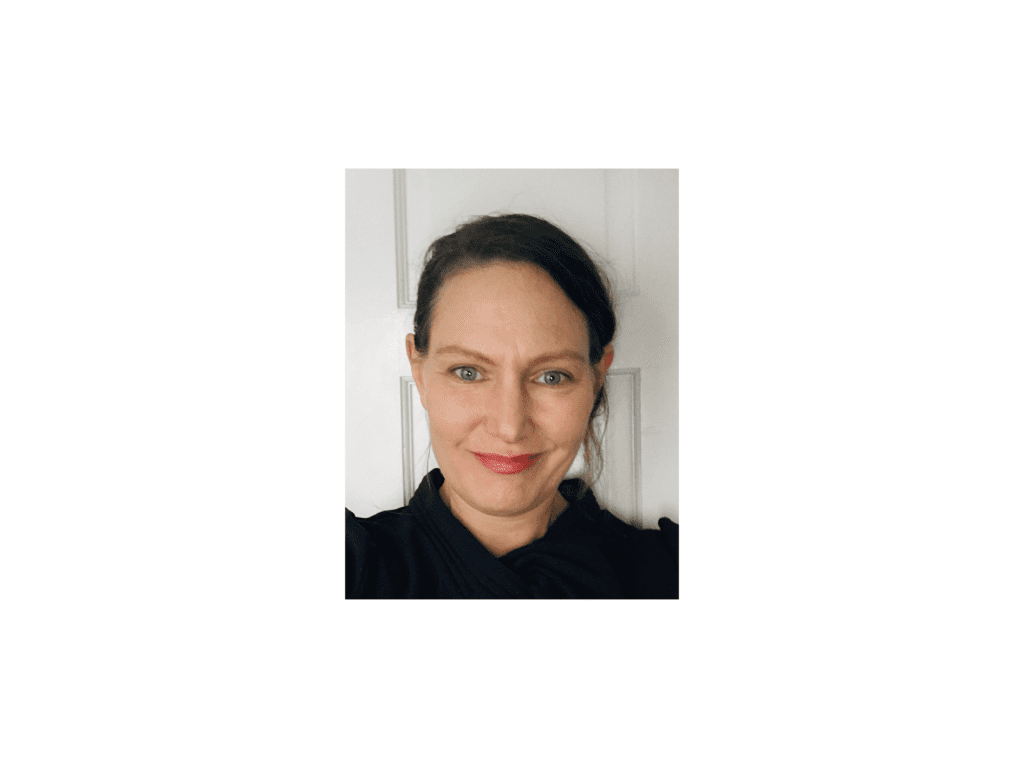Can you tell us a little about yourself?
At the risk of sounding older than I’d like, I’ve been working in the press freedom world for over 20 years, mostly at the Committee to Protect Journalists (CPJ), as well as various projects for International Media Support and other organisations. I’ve mainly worked on providing emergency assistance to journalists at risk and campaigning against impunity in the killings of journalists. Additionally, I have researched multi-stakeholder mechanisms for the safety of journalists. I’m a native New Yorker who now lives in a small English village.
What is your role at Media Defence?
I started in October 2022 as Coordinator of the Legal Network for Journalists at Risk (LNJAR). LNJAR is a network of expert member organisations who have come together to coordinate different forms of legal support available to journalists. The Network was founded by CPJ, Media Defence and the Thomson Reuters Foundation. Media Defence manages its day-today operations.
What are you most looking forward to in your role?
I’m excited to be part of such a committed team at Media Defence but I also to work in collaboration with old and new colleagues at different organisations around the world. I’m eager to develop joint responses to complex cases and share expertise.
What attracted you to Media Defence?
I was working at CPJ when Peter Noorlander founded Media Defence. At the time it was called Media Legal Defence Initiative – MLDI. I always found the organisation to be an invaluable partner in the fight for media freedom around the world. From the start Media Defence identified and has ably addressed a specific and dire need – concrete legal help to journalists. Its work has always been incredibly impactful, and it has done this with a small staff and very little fanfare. Its staff, then and now, are some of the most effective people I’ve had the opportunity to work with over the years.
Why is freedom of expression important to you?
On a personal level, my mother was very active in various campaigns in our neighbourhood when was growing up. She taught me not just the importance of public protest but that affecting change is actually possible. With this background and over the course of working in media freedom for many years, I’ve come to view freedom of expression as a cornerstone to all human rights.
When the Norwegian Nobel Committee awarded the 2021 Peace prize to Maria Ressa and Dmitry Muratov, it stated “freedom of expression and freedom of information help to ensure an informed public. These rights are crucial prerequisites for democracy and protect against war and conflict.” I very much agree with this.
Moreover, having the privilege over the years to have gotten to know many exceptional, courageous individuals whose rights to freedom of expression have been severely violated, has made the issue seem more urgent to me.
What Media Defence case has inspired you?
For many years my work focused on impunity in attacks against journalists and, with justice stalled in these cases in so many countries, I was very inspired by Media Defence’s work with regional courts, in particular, the ground-breaking Lohé Issa Konaté v. Burkina Faso case. Konaté, a newspaper editor, was convicted in 2012 under criminal defamation laws. He was convicted in connection to articles he published alleging corruption by a state prosecutor.
Media Defence brought a complaint to the African Court on Human and Peoples’ Rights resulting in a landmark decision. The Court’s 2016 ruling found Burkina Faso had violated articles concerning the right to freedom of expression in the African Charter, the ICCPR and the ECOWAS Treaty. It awarded unprecedented reparations to Konaté and ordered Burkina Faso to amend its legislation on defamation. The case has had a ripple effect throughout the region, underpinning challenges to criminal libel laws in other countries. It was a real turning point in the global effort to decriminalise defamation.
There are many more Media Defence cases that have inspired me, including Colombian journalist Jineth Bedoya. For decades, she has fought for justice for the 2000 abduction and sexual assault against her. Her struggle is not just for herself but for all journalists and women. In 2021, this led to a landmark decision by the Inter-American Court of Human Rights. The decision not only found the State failed to protect and investigate her crime, but called for the implementation of specific measures to combat violence against women.
Interested in joining our team? We are currently recruiting a Legal Officer, a Senior Legal Officer, and a Grants Officer.
Recent News
Landmark Ruling: Kenya’s High Court Declares Colonial-era Subversion Laws Unconstitutional
Media Defence welcomes the verdict of the High Court in Nakuru, striking down sections of the Kenyan Penal Code which criminalise subversion, citing them as relics of colonial oppression that curtail freedom of expression. Justice Samwel Mohochi, delivering the judgment, asserted that these provisions were overly broad and vague, stifling dissent rather than serving any […]
UN Rapporteurs Call for Protection of Brazilian Journalist Schirlei Alves
UN Rapporteurs Call for Protection of Brazilian Journalist Schirlei Alves Amid Defamation Charges Stemming from Rape Trial Coverage A letter dispatched by UN rapporteurs to the Brazilian Government calls for protective measures for women journalists covering cases of sexual crimes. The letter also denounces the conviction of Brazilian investigative journalist and women’s rights defender, Schirlei […]
Convite à apresentação de candidaturas: Cirurgia de litígio em português na África Subsariana
Cirurgia de litígio em português na África Subsariana Aplique aqui 23 a 25 de julho de 2024 em Nairobi, Quénia Prazo: 3 de maio A Media Defence está a convidar advogados sediados na África Subsariana que falem português a candidatarem-se a participar numa próxima cirurgia de litígio sobre o direito à liberdade de expressão e […]



